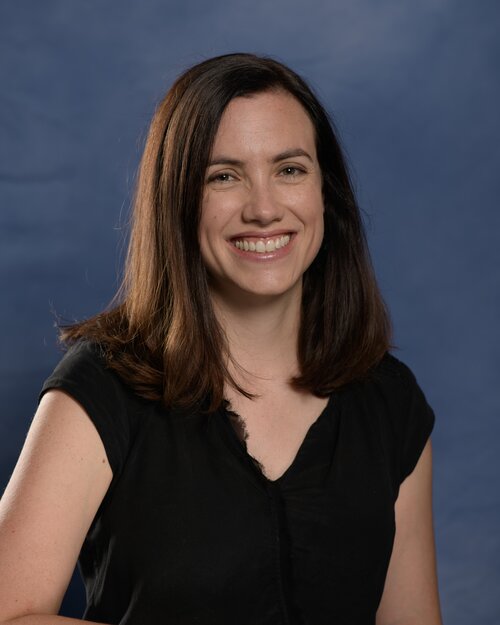
It seems like starting a bank would be an impossible endeavor fit for a Rockefeller of the Gilded Age than a small business owner of today. However, it’s not as inconceivable as one might think, and it’s not as risky as one might fear.
Smart Money.com reports that new banks fail at a rate of less than one in 1,000 after three years, which is not horrible when compared with new restaurants that fail at a rate of 60 percent. As for the profits, they’re not bad either. Six thousand seven hundred community banks earned $67 billion in the past five years, according to the website.
Even Alan Greenspan, the former chairman of the Federal Reserve, said he would be willing to open a bank if he were 50 years younger.
Considering options to make banking more personal and local, the Huffington Post is inspired by the Move Your Money campaign. If you’re an enterprising individual, you might consider opening your own bank. Our team has put together some tips for you on how to establish your own bank.
Identification of a Need
Every small business owner should assess the need in their community before starting their business. This is true of bank owners as well.
As a result of analyzing his neighborhood, James Wall founded Global Trust Bank in Mountain View, California.
Wall, president and CEO of Global Trust Bank, says there are no community banks left in the general geographical area. A number of small banks in Silicon Valley have been acquired by big conglomerates recently, including Global Trust. As a result, Wall and his partners stepped in to fill that gap in the banking community.
December 3, 2008 was the opening day for Global Trust Bank.
Customers are able to walk in and meet with executives face-to-face, and decisions are taken on the spot, according to Wall. Is a one-stop shop for personal attention of the highest quality.”
Regulating and Capitalizing
For a bank to start, approximately $12 to $20 million is needed in capital. These funds are raised locally by many community banks. In New Jersey, Mike Schultz, CEO of Harmony Bank, raised 90% of the capital from local residents. At Harmony Bank, the board was comprised of local business leaders, including a law firm that was established 40 years ago, a construction firm and an accounting firm.
As soon as capital is gathered, the process is not complete. It is an arduous process to apply to regulatory agencies, especially after the financial crisis. Since the recession, community banks have fewer applications.
Wall says the regulators have become more strict when it comes to approving applications. A few years ago, getting a bank to approve a loan would have been much easier.”
After regulatory approval has been obtained, however, the bank can begin operating.
Community Banking Has its Benefits
Fresno First Bank president & CEO Richard Whitsell is responsible for starting three new community banks, or as the industry calls them, de novo banks (from the Latin word meaning “new”). After working at Bank of America for a long time, Whitsell decided to change jobs.
Whitsell explains, “I wanted to be closer to real banking, to make real decisions, to have an impact on the communities where I lived.”





















